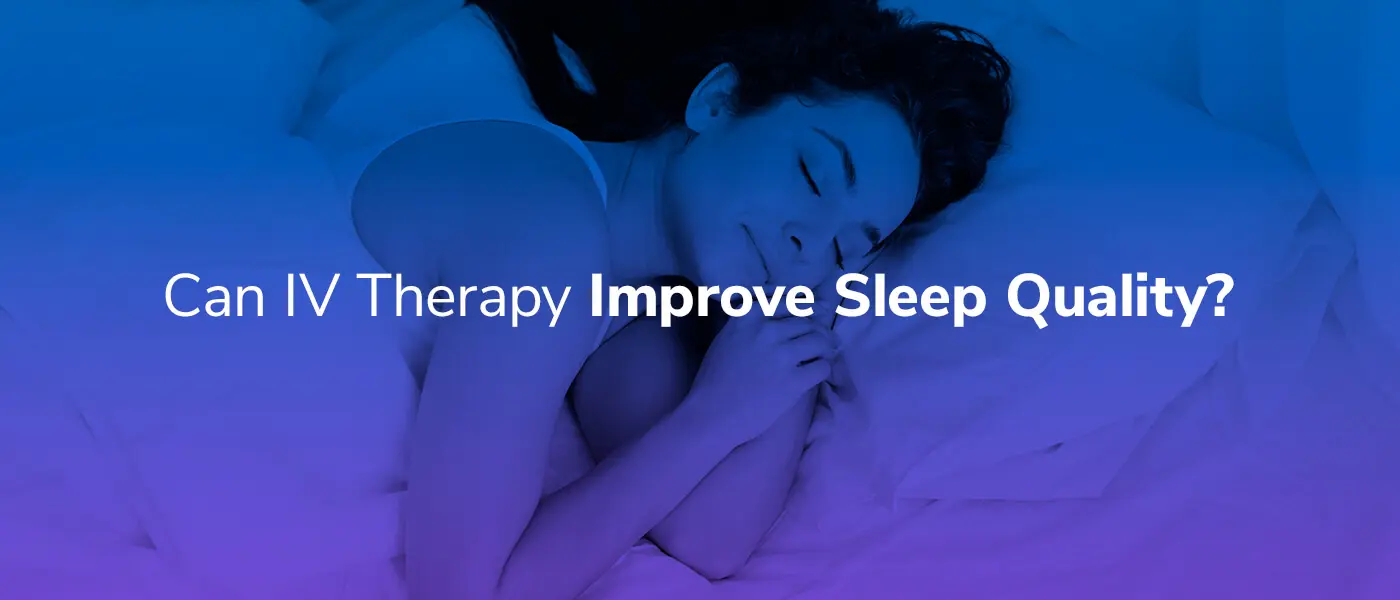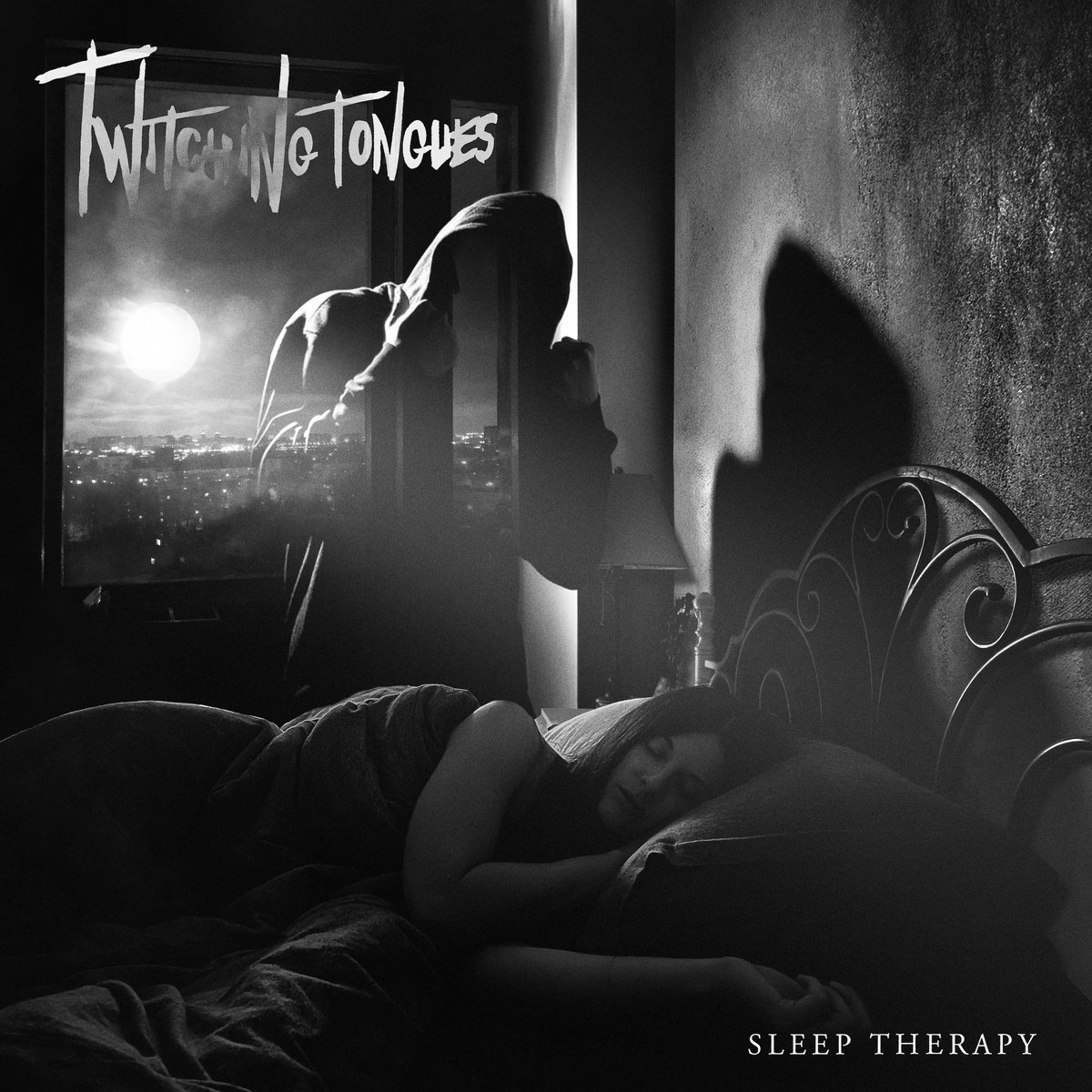Effective Therapy Solutions for Handling Rest Disorders and Enhancing Relaxing Sleep
In the world of healthcare, the monitoring of rest conditions and the pursuit for relaxed rest are critical components of general well-being. Effective treatment solutions use a multifaceted method to tackle these obstacles, ranging from cognitive behavior interventions to alternative methods that advertise leisure and mindfulness. The exploration of various methods, including the integration of medicine and light therapy, opens a realm of possibilities in the quest of far better rest quality. As we navigate the complex landscape of sleep disorders and look for to improve our rest experience, a much deeper understanding of these therapy solutions may hold the secret to opening a much more rejuvenating and satisfying restorative trip.
Cognitive Behavior Modification for Sleep Problems (CBT-I)
Cognitive Behavior Modification for Sleeplessness (CBT-I) is a structured, evidence-based treatment strategy that focuses on addressing the hidden elements adding to sleep disturbances. This kind of therapy intends to change actions and ideas that exacerbate insomnia, ultimately promoting healthy rest patterns. CBT-I normally entails a number of crucial parts, including cognitive therapy, sleep restriction, stimulation control, and sleep health education and learning.
Cognitive therapy aids people identify and alter adverse idea patterns and beliefs about sleep that may be impeding their ability to fall or stay asleep. Rest limitation entails restricting the amount of time invested in bed to match the individual's actual rest period, therefore raising rest effectiveness (sleep disorder treatment). Stimulus control strategies assist establish a strong association in between the bed and sleep by encouraging people to visit bed only when drowsy and to avoid involving in stimulating tasks in bed
Furthermore, rest hygiene education focuses on creating healthy rest routines, such as preserving a consistent rest schedule, developing a relaxing bedtime regimen, and enhancing the rest atmosphere. By addressing these variables thoroughly, CBT-I offers a reliable non-pharmacological intervention for taking care of sleeping disorders and improving total sleep top quality.
Sleep Health Practices
Having developed the structure of cognitive restructuring and behavior alterations in dealing with insomnia with Cognitive Behavioral Therapy for Sleep Problems (CBT-I), the focus currently shifts in the direction of discovering necessary Rest Hygiene Practices for preserving optimum sleep top quality and general health.
Rest health practices include a variety of habits and environmental variables that can dramatically impact one's ability to sleep and stay asleep throughout the night. Constant sleep and wake times, developing a relaxing bedtime routine, and enhancing the rest setting by keeping it dark, peaceful, and cool are critical components of good sleep health. Limiting exposure to screens prior to going to bed, avoiding stimulants like caffeine near to going to bed, and taking part in regular exercise throughout the day can also advertise far better sleep high quality.
In addition, exercising leisure methods such as deep breathing exercises or meditation prior to bed can aid calm the mind and prepare the body for sleep. By integrating these sleep health methods right into one's everyday routine, people can develop a healthy and balanced rest pattern that supports restful rest and general well-being.
Leisure Methods and Mindfulness
Applying leisure methods and mindfulness methods can play a pivotal duty in fostering a feeling of tranquility and advertising quality sleep. insomnia counseling. These methods intend to peaceful the mind, minimize tension, and develop an optimal setting for peaceful sleep. One extensively exercised technique is deep breathing workouts, where individuals concentrate on slow, deep breaths to relax the mind and body. Progressive muscle mass leisure non rapid eye movement sleep arousal disorder includes tensing and afterwards releasing each muscle mass group, promoting physical leisure. Additionally, guided images can aid transport individuals to a serene area in their minds, aiding in stress and anxiety reduction and improving rest top quality.
Mindfulness practices, such as meditation and yoga exercise, are likewise reliable in advertising leisure and improving rest. Mindfulness motivates people to remain present in the moment, releasing fret about the past or future. By incorporating these practices into a bedtime regimen, people can indicate to their bodies that it is sleep related rhythmic movement disorder time to prepare and take a break for sleep. Generally, incorporating relaxation strategies and mindfulness practices can dramatically add to taking care of rest disorders and boosting general sleep high quality.

Medicine Options for Sleep Disorders
After checking out relaxation methods and mindfulness practices as non-pharmacological interventions for improving sleep quality, it is vital to consider medicine alternatives for people with rest disorders. In cases where way of life adjustments and treatment do not supply sufficient alleviation, medicine can be a valuable device in taking care of rest disruptions.
Typically suggested medications for rest problems consist of benzodiazepines, non-benzodiazepine hypnotics, antidepressants, and melatonin receptor agonists. Benzodiazepines, such as diazepam, are sedatives that can assist cause rest, however they are normally recommended for short-term use due to the this website risk of reliance. Non-benzodiazepine hypnotics like zolpidem are additionally made use of to treat sleeplessness and have a lower risk of dependancy contrasted to benzodiazepines. Antidepressants, such as trazodone, can be advantageous for individuals with co-occurring depression and rest disruptions. Melatonin receptor agonists, like ramelteon, target the body's all-natural sleep-wake cycle and can be helpful for regulating rest patterns.
It is essential for people to talk to a healthcare carrier to identify the most appropriate medicine choice based on their particular sleep disorder and case history.
Light Treatment for Body Clock Law
Light treatment, also referred to as phototherapy, is a non-invasive therapy technique used to manage circadian rhythms and boost sleep-wake cycles. This therapy entails exposure to brilliant light that simulates natural sunlight, which aids to reset the body's interior clock. By exposing people to specific wavelengths of light, commonly in the early morning or evening relying on the desired impact, light therapy can properly adjust the circadian rhythm to advertise wakefulness throughout the day and boost peaceful rest at night.
Research study has shown that light treatment can be particularly beneficial for people with body clock disorders, such as delayed sleep phase syndrome or jet lag. It can likewise be practical for those experiencing seasonal depression (SAD), a kind of anxiety that generally takes place during the cold weather when natural light direct exposure is decreased. Light therapy is normally well-tolerated and can be made use of together with various other therapy approaches for rest conditions to maximize outcomes and boost overall sleep top quality.
Conclusion
In final thought, reliable therapy solutions for taking care of rest problems and enhancing restful sleep consist of Cognitive Behavior modification for Sleep Problems (CBT-I), rest health methods, leisure strategies and mindfulness, drug choices, and light therapy for circadian rhythm law. These strategies can aid people boost their sleep top quality and total wellness. It is essential to seek advice from a medical care service provider to identify the most appropriate method for dealing with rest concerns.
As we browse the complex landscape of sleep disorders and look for to boost our rest experience, a deeper understanding of these treatment options might hold the trick to unlocking an extra relaxing and meeting restorative trip.
Sleep restriction involves restricting the amount of time invested in bed to match the person's real sleep period, consequently boosting rest efficiency. Constant sleep and wake times, developing a relaxing going to bed routine, and maximizing the sleep setting by keeping it dark, peaceful, and cool are vital components of great sleep health. Light therapy is normally well-tolerated and can be made use of in conjunction with various other treatment approaches for sleep problems to optimize end results and improve overall sleep high quality.
